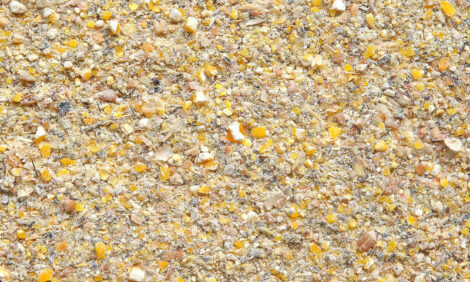



Indonesia in Talks to Resume Poultry Shipments to Japan
INDONESIA - Indonesian trade officials are currently in talks with their Japanese counterparts over the possibility of resuming poultry exports to the East Asian country, which were halted in early 2004 following the avian flu outbreak that affected many local poultry breeders.Local poultry producers have expressed their readiness to ship processed poultry products to Japan, which could provide export earnings of at least US$200 million a year for Southeast Asia’s biggest economy.
McDonald’s Japan stopped purchasing chicken from China’s Shanghai Husi Food Co. Ltd. after the exposure of a food safety scandal involving sales of expired meat to the fast food outlets at the end of July. As the food chain is seeking import substitutes, Indonesia may serve as an alternative source, apart from Thailand, which has been supplying the Japanese market.
Indonesian poultry producers could meet standards applied in Japan and had already gained a competitive edge compared to rivals in China or Thailand thanks to efficient production, according to Indonesian Poultry Breeders Association (GAPPI) chairman Anton J. Supit.
"I am optimistic now we can make it. We still only need to see whether the price matches or not," Mr Supit said, adding that delivery of poultry products, such as yakitori and karage, might begin before year-end.
Trade Minister Muhammad Lutfi said that poultry products from Indonesia could be sold to other Japanese restaurants and retail chains, and would not be limited to McDonald’s. Local producers could potentially grab a 10 per cent share of the Japanese poultry market totaling $2 billion each year, he said in a text message.
Once executed, the plan will provide a significant market push for Indonesian poultry producers, such as publicly listed PT Japfa Comfeed Indonesia and PT Charoen Pokphand Indonesia, known for their So Good and Fiesta nuggets and sausages, respectively.
Newcomers such as publicly listed PT Malindo Feedmill, which sells processed food under the Sunny Gold and Ciki Wiki brands, will also benefit from the market push.
Malindo corporate secretary Rudy Hartono said his firm was upbeat that it would qualify for exports to Japan thanks to its advanced technology.
"Local auditors have said our output is good. Now we’re waiting for an assessment from Japanese inspectors. We hope we can pave the way to the Japanese market," he said. Through its subsidiary, Malindo Food Delight, the firm began operations of its food processing facility in Cikarang, West Java, late last year.
Feeding solely the domestic market, the firm still utilizes less than half of its full capacity of 9,000 metric tons each year, leaving enormous room for further expansion.
Attaché for agriculture, food and agro-industry at the Japanese Embassy in Indonesia, Kazuko Takabatake, said two Japanese veterinary officials would carry out on-site inspections at five factories from 24 August until 29 August, but declined to specify the names of the firms.
"They will check to see whether the factories are sufficiently hygienic and whether the whole producing process is carried out appropriately," she said in an email.
Ms Takabatake, however, denied the claim that the inspections were related to the food scandal involving Chinese suppliers, saying that talks had taken place early this year as Indonesian producers conveyed interest in selling their poultry products to Japan.








